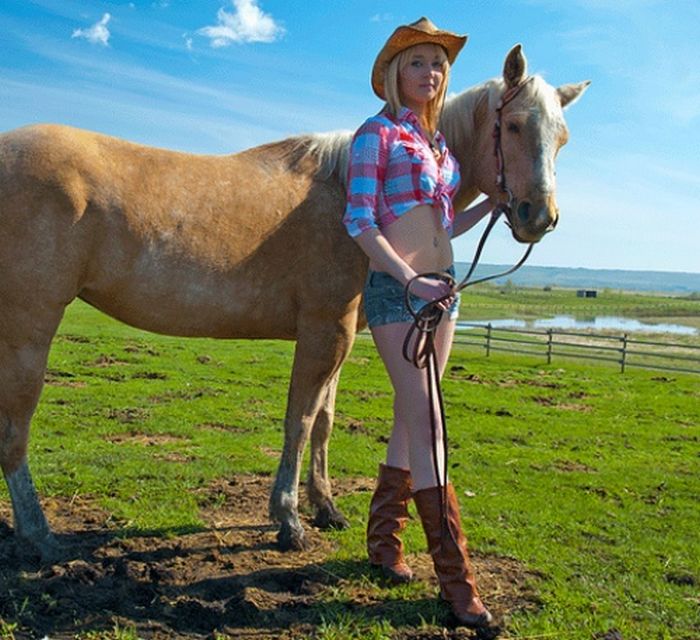|
|
Girl With A Horse
|
• Intelligence and learning
In the past, horses were considered unintelligent, with no abstract thinking ability, unable to generalize, and driven primarily by a herd mentality. However, modern studies show that they perform a number of cognitive tasks on a daily basis, meeting mental challenges that include food procurement and social system identification. They also have good spatial discrimination abilities. Studies have assessed equine intelligence in the realms of problem solving, learning speed, and knowledge retention. Results show that horses excel at simple learning, but also are able to solve advanced cognitive challenges that involve categorization and concept learning. They learn from habituation, desensitization, Pavlovian conditioning, and operant conditioning. They respond to and learn from both positive and negative reinforcement. Recent studies even suggest horses are able to count if the quantity involved is less than four.
Domesticated horses tend to face greater mental challenges than wild horses, because they live in artificial environments that stifle instinctive behavior while learning tasks that are not natural. Horses are creatures of habit that respond and adapt well to regimentation, and respond best when the same routines and techniques are used consistently. Some trainers believe that "intelligent" horses are reflections of intelligent trainers who effectively use response conditioning techniques and positive reinforcement to train in the style that fits best with an individual animal's natural inclinations. Others who handle horses regularly note that personality also may play a role separate from intelligence in determining how a given animal responds to various experiences.
|
|









